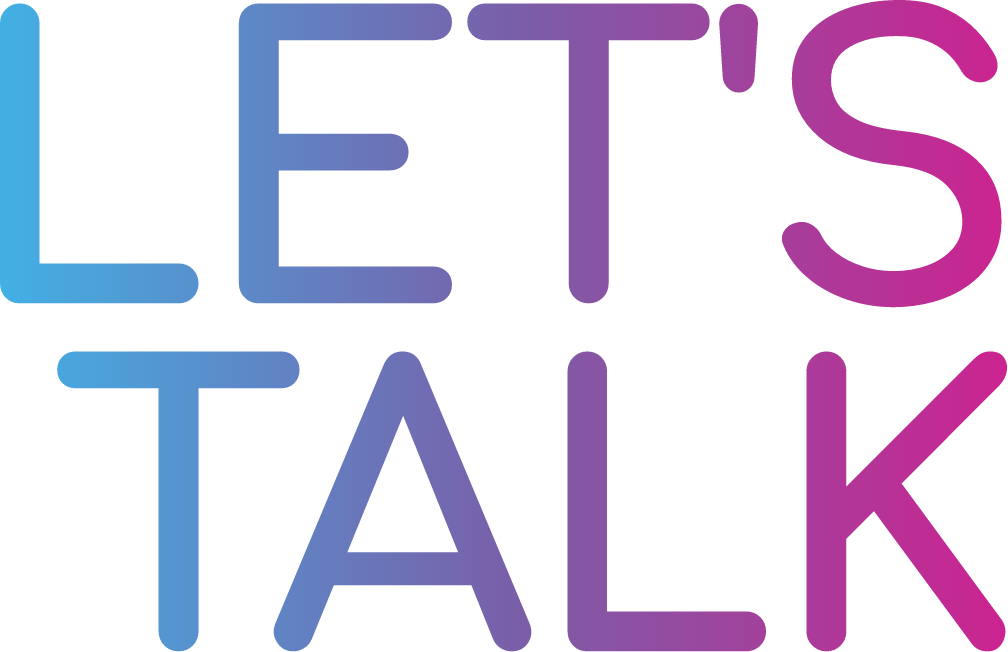The development of AI is as fundamental as the creation of the microprocessor, the personal computer, the Internet, and the mobile phone. It will change the way people work. Entire industries will reorient around it. Businesses will distinguish themselves by how well they use it.
This thought expressed by Bill Gates in his article The Age of AI has begun from his blog is nowadays a reality. Indeed, more and more companies across various sectors have decided to incorporate AI to operate their business.
AI for artificial intelligence, refers to the use of algorithms and machines capable of doing tasks that traditionally require human intelligence such as learning or problem-solving. By using AI, industries undeniably improve their day-to-day operations.
This is also the case in the legal industry.
For instance, law firms leverage AI for their marketing. By introducing this technology in their strategies marketing, law firms can attract new customers, retain them, and ultimately, grow their business.
For marketing campaigns, social media management, or email marketing, law firms save a considerable amount of time by taking advantage of AI solutions and are more efficient. Among all strategies implemented by law firms for marketing, content creation, and SEO are perfect examples of the changes operated currently in legal marketing by the advent of AI.
To understand how AI as technology is revolutionizing the realm of legal marketing,let’s take as an example the AI tool the most common, best-known, and widely used today by all companies: ChatGPT.
Created in 2020 by OpenAI, Chat GPT assists any professional in doing his tasks. By analyzing a large volume of data, the AI-powered platform which uses machine learning to work can give valuable insights for a specific request.
In the legal marketing landscape, the use of ChatGPT is highly useful for law firms.
- First, AI helps law firms in terms of search engine optimization (SEO).
This marketing technique aims to optimize different aspects of a website like content, navigation, or site usability to increase their rankings in search engine results pages. By identifying the relevant keywords to use for enhancing website referencing thanks to SEO, law firms and all companies globally can achieve better online visibility.
Thus, they increase the traffic to their website and attract more potential clients. As a result, and in the digital age, SEO is crucial for any company willing to succeed and expand its business.
AI tools like ChatGPT can enhance considerably SEO for law firm’s websites with keyword research. By analyzing search trends, ChatGPT can generate quickly and easily the most appropriate keywords that will improve the ranking of online law firms’ sites. In this manner, law firms using AI for this marketing strategy are certain to stay ahead in search engine results. Thus, they benefit competitive advantage in comparison to companies that don’t leverage AI for SEO.
- AI is used by law firms for content creation.
Consisting of producing quality content for the different marketing channels of law firms such as social media and blogs websites, content creation is another important marketing strategy used by legal professionals. To promote the activity of law firms and build them a serious and reliable reputation, the legal marketing teams must make attractive legal services and expertise by creating relevant content.
With the assistance of AI-powered tools, they can now – in a record time – provide high-quality content. For instance, ChatGPT helps legal marketers find titles or ideas for specific content. It can also be used to write articles on legal topics for the law firm’s website, social media posts, or informative newsletters entirely. AIpermitslaw firms to produce more accurate and targeted content.
The use of AI technologies such as ChatGPT offers a huge potential for law firms to improve their marketing efforts. However, if the incorporation of AI into marketing strategies is undoubtedly beneficial for law firms, there are risks linked to its use.
As the co-founder of Apple, Steve Wozniak said about OpenAI’s ChatGPT: it is “pretty impressive” and “useful to humans,” but reminds us that users of this kind of technology should be careful. Legal marketers must be aware of the implications of using an AI tool like ChatGPT.
For content creation, the use of ChatGPT raises many concerns like copyright issues.Contents generated by ChatGPT don’t receive copyright protection because the author is not a human. In consequence, it means that written content can be freely reused by others. Then, no one legal recourse can be exercised by the person who writes initially the content.
Another important issue is plagiarism. It’s likely that two persons asked the same question and obtained from the Chatbot the same answer.
Last but not least, the main problem of ChatGPT is its reliability because of its limited knowledge. The content generated by ChatGPT cannot be a valuable source for several reasons. The AI tool relies on a dataset whose maximum date is January 2022 which means it can’t provide information post-2022 because of this limited database.
As a result, it is susceptible to giving inaccurate information because the information is out of date. We cannot, therefore, regard AI’s responses as absolute truth. The trustworthiness of ChatGPT is based solely on the quality of the data that feeds it. For this reason, the use of AI tools for legal marketing can be questioned.
With the introduction of AI into law firms’ marketing strategies legal marketing has unquestionably evolved in its practices. In just a few years, AI has become a must-have for any legal professional wishing to make their marketing strategies more effective and efficient.
However, while AI can help companies grow their business by being more creative than human beings, it must be remembered that this technology cannot replace human intelligence. As Steve Jobs said, “Technology alone is not enough“. AI should not and cannot therefore be seen as anything other than a simple tool for improving professional activity, since its potential is limited for the time being.






